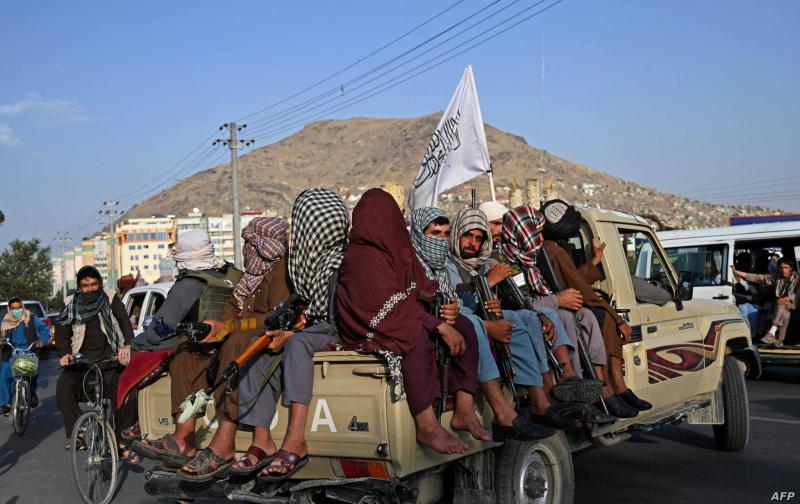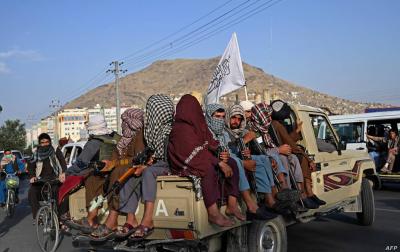U.S. officials and their allies have begun discussions with each other and with the Taliban regarding how to manage the situation in Afghanistan once Western forces leave, according to The Wall Street Journal. American officials told the newspaper that the U.S. and the Taliban have discussed the possibility of an American diplomatic presence in Afghanistan after August 31, to enable Washington to continue evacuation operations. The discussions concerning potential U.S. diplomatic presence after the August 31 evacuation deadline represent an extension of previous talks regarding the airport.
The Biden administration pledged to continue assisting American and Afghan citizens in leaving the country after the August 31 withdrawal deadline. In an interview with CBS earlier this week, Ross Wilson, the acting U.S. ambassador to Afghanistan, stated that both sides have held talks in Qatar about "possible ways to move forward." He declined to specify whether there would be a continuation of U.S. diplomatic presence in Afghanistan, saying, "Decisions still need to be made in Washington regarding the future shape of our presence and activities here."
White House Press Secretary Jen Psaki stated on Friday that efforts to evacuate Americans and others from Afghanistan will continue beyond August 31, adding, "We will need to coordinate with the Taliban to do that." Officials confirmed that discussions with the Taliban do not represent a U.S. recognition of the group as the government of the country. U.S. officials have also begun talks with allies on how to use economic and diplomatic pressure to influence events within the country. Meanwhile, international officials have called for a Group of Twenty meeting in mid-September to coordinate diplomatic efforts toward Afghanistan. Some European officials have also reached out to the Taliban to discuss future relations.
U.S. officials still view the Taliban as an organization engaged in human rights violations. They have repeatedly stated that the relationship with the Taliban during evacuation has been reasonably productive and that security coordination is occurring daily. They emphasized that the future relationship between the U.S. and the Taliban heavily depends on the security situation at and around Kabul airport in the coming days. Officials noted that the U.S. capacity to maintain a small diplomatic post in Afghanistan will depend on various factors, notably the Taliban’s ability to uphold security at Hamid Karzai International Airport in Kabul after the U.S. military departs.
They clarified that if security at the airport is too weak, Washington might consider relocating its diplomatic representation to a neighboring country. European Union officials are also in talks with Taliban leaders to ensure that European aid reaches the individuals displaced in recent weeks to prevent mass migration to Europe, according to officials and confidential documents reviewed by the newspaper. Officials are negotiating with Pakistan, Uzbekistan, Iran, Qatar, and Turkey to help manage the potential influx of refugees. According to a draft statement from EU interior ministers, "The EU and its member states are determined to work together to prevent a repeat of uncontrolled mass migration flows encountered in the past."




